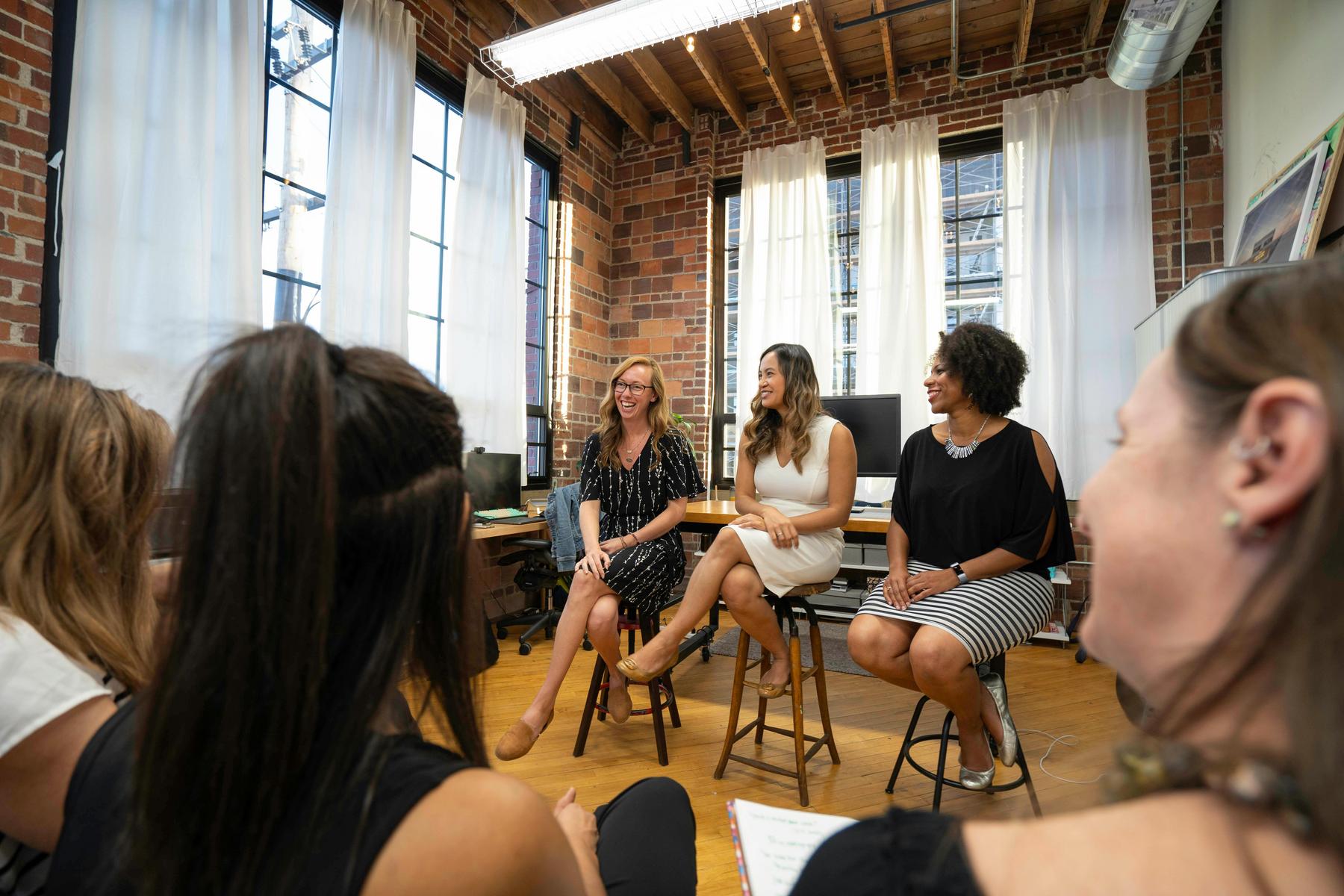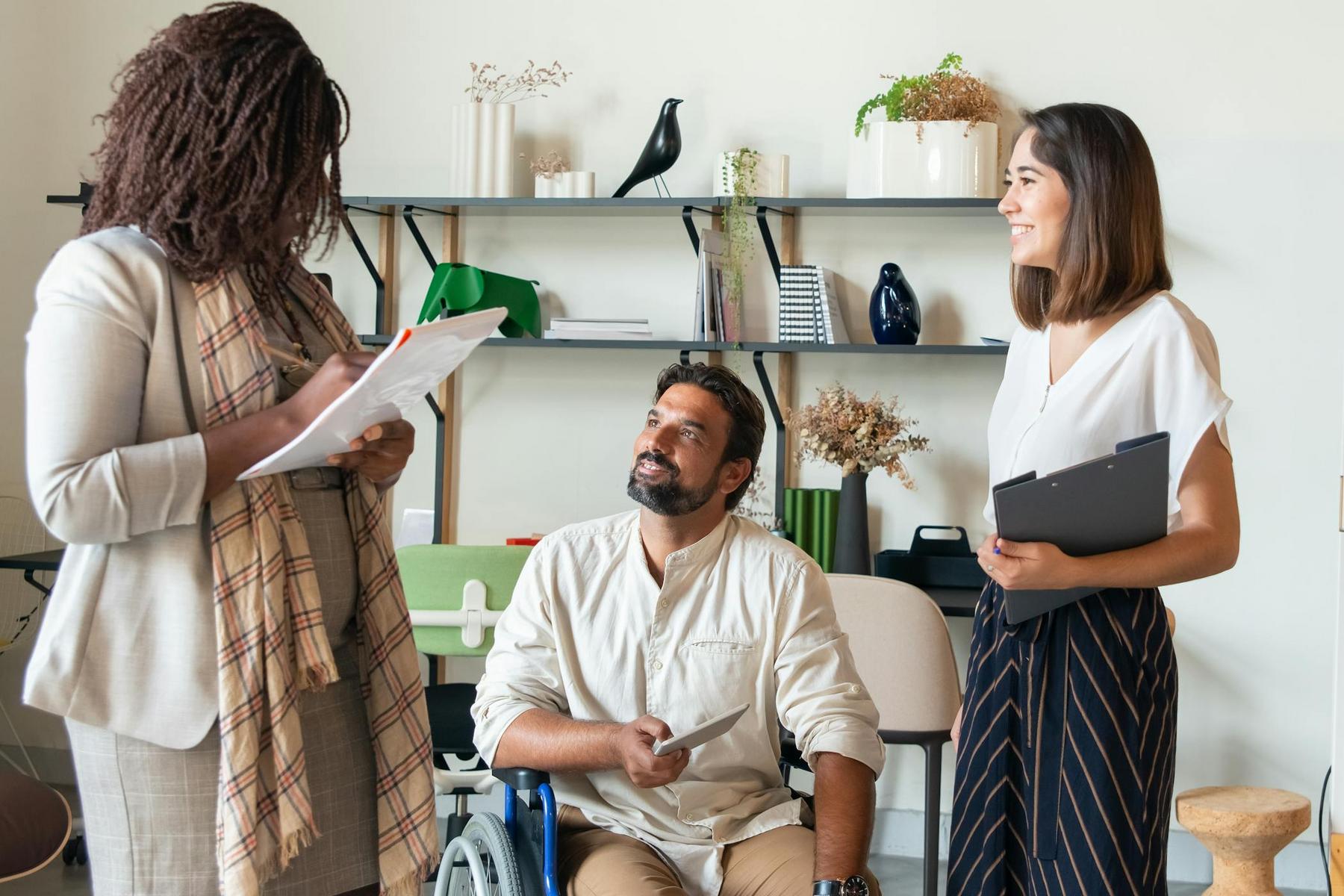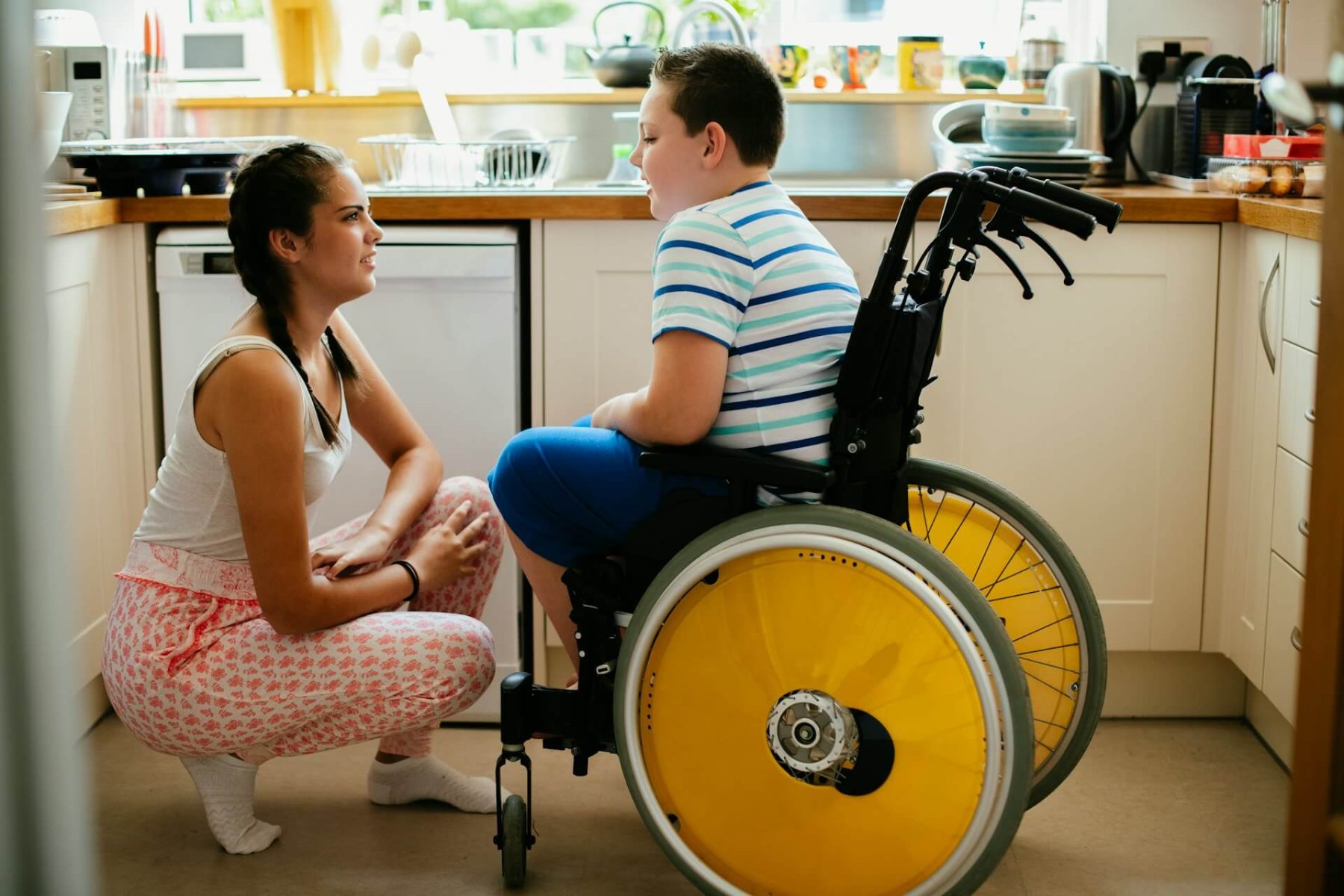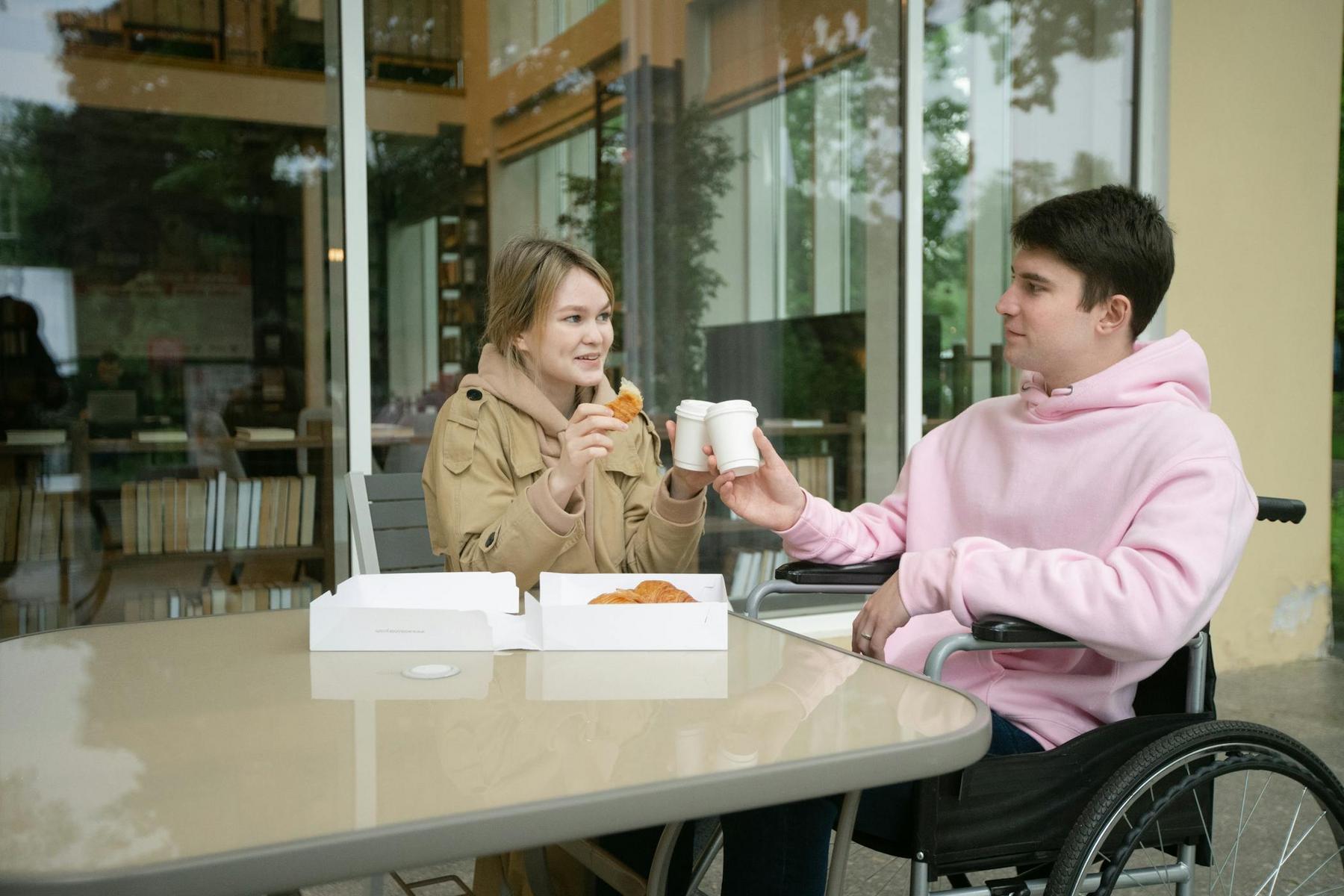In today’s increasingly digital world, genuine human connection has become more vital than ever for our mental health. For many individuals in Cairns—particularly those living with disabilities—isolation can silently erode wellbeing, leading to increased anxiety, depression, and a diminished sense of purpose. Yet within our tropical paradise lies a powerful antidote: community participation. The simple act of engaging with others in meaningful activities creates ripples of positive change that extend far beyond momentary social interaction.
When we participate in community activities, whether through volunteering, recreational groups, or support networks, we’re not just filling our calendars—we’re nourishing our minds. Research consistently demonstrates that structured community engagement creates a foundation for improved mental health outcomes across all demographics, with particularly significant benefits for those facing additional challenges due to disability or chronic conditions.
How Does Community Participation Reduce Isolation and Enhance Belonging?
The human need for connection represents one of our most fundamental psychological requirements. When this need goes unmet, the consequences can be severe—increasing vulnerability to depression, anxiety, and even physical health complications.
Community participation directly addresses this by creating multiple pathways to meaningful connection:
- Structured social networks: Regular community activities establish consistent opportunities for interaction that evolve naturally into deeper relationships over time. Unlike fleeting social media connections, these face-to-face engagements in Cairns community centres and programs provide authentic emotional support that buffers against life’s challenges.
- Shared experiences: Participating in group activities—whether art classes at Cairns Regional Gallery, sporting events, or cultural celebrations—fosters a sense of collective identity. These shared experiences create common ground that transcends individual differences and promotes a sense of belonging.
- Validation through peer support: For individuals experiencing mental health challenges or living with disabilities, peer support groups offer unique understanding that even well-intentioned family members sometimes cannot provide. These spaces normalise struggles and reduce stigma through the power of shared experiences.
The upcoming Medicare Mental Health Centre in Cairns further emphasises the critical relationship between community support and mental wellbeing, focusing on accessible, community-driven approaches to address psychological distress.
What Mental Health Benefits Come From Community Engagement?
The positive mental health impacts of community participation extend far beyond simple social connection, offering comprehensive improvements to psychological wellbeing:
- Reduced psychological distress: Consistent engagement in community activities correlates with lower levels of anxiety and depression. This benefit appears particularly pronounced among older adults and men—demographics that often face unique barriers to seeking traditional mental health support.
- Enhanced emotional resilience: Community participation builds psychological resources that help individuals navigate life’s inevitable challenges. The sense of accomplishment from contributing to group projects or mastering new skills in community settings strengthens self-efficacy and confidence.
- Cognitive health protection: For individuals with disabilities, regular community engagement offers cognitive benefits that extend into later life. Research indicates that socially active individuals maintain better cognitive function and may experience reduced risk of dementia compared to those who remain isolated.
- Improved self-concept: Participating in valued community roles—whether as a volunteer, committee member, or activity participant—reinforces positive identity beyond limiting labels. For those with disabilities, this shift from being viewed primarily through the lens of diagnosis to recognition as a contributing community member represents a powerful psychological transformation.
How Does Community Involvement Build Skills and Independence?
Beyond emotional wellbeing, community participation serves as a natural environment for developing practical capabilities that enhance independence:
- Real-world skill application: NDIS-funded community activities provide opportunities to practice everyday tasks in authentic settings. From navigating public transport to managing social interactions in varying contexts, these experiences build competence through guided practice.
- Progressive skill development: Well-designed community programs in Cairns offer scaffolded learning experiences where participants can gradually increase their independence. Activities might begin with substantial support and incrementally introduce greater autonomy as confidence grows.
- Vocational preparation: Community workshops, volunteer positions, and recreational programs naturally develop transferable skills valued in employment contexts. Time management, communication, problem-solving, and teamwork all strengthen through regular community engagement.
- Expanded self-advocacy: Active community participation naturally creates situations where individuals must communicate preferences, navigate challenges, and assert boundaries—all essential components of effective self-advocacy that transfer to healthcare, employment, and personal relationships.
What Barriers to Community Participation Exist in Cairns?
Despite the clear benefits, meaningful community participation remains inaccessible for many individuals in Cairns due to persistent barriers:
| Barrier | Impact | Local Solutions |
|---|---|---|
| Physical accessibility | Limited venue access, transport difficulties, and inadequate accommodation prevent participation | NDIS providers like Advanced Disability Management offer transport assistance and venue assessments to ensure accessibility |
| Social stigma | Misconceptions about disability and mental health create unwelcoming environments | Peer-led campaigns and inclusive community events promote acceptance and understanding |
| Information gaps | Resources often don’t reach those who need them most, particularly in culturally diverse communities | Co-designed programs with local health services ensure information reaches marginalised groups through appropriate channels |
| Financial constraints | Activity costs, equipment requirements, and transport expenses create economic barriers | NDIS funding, council subsidies, and sliding-scale fee structures increase accessibility regardless of financial circumstances |
Addressing these barriers requires collaborative approaches between disability service providers, community organisations, and local government—a partnership model increasingly evident in Cairns’ inclusive community initiatives.
How Do Peer Networks Empower Individuals?
Perhaps one of the most transformative aspects of community participation lies in the development of peer networks that foster empowerment:
- Collective advocacy: Community groups amplify individual voices, enabling systemic change through collective action. Initiatives like the Lived Experience Advisory Group in Cairns ensure policies and services reflect actual community needs rather than assumptions.
- Cultural connection: For Aboriginal and Torres Strait Islander peoples in Cairns, community participation through cultural activities strengthens identity and purpose—elements fundamental to holistic wellbeing within Indigenous frameworks of health.
- Reciprocal support: Community participation shifts individuals from passive service recipients to active contributors. This reciprocity—the opportunity to both receive and provide support—creates a powerful sense of purpose and value.
- Knowledge exchange: Peer networks facilitate informal learning through shared experiences. Tips, strategies, and insights gained from others with similar lived experience often prove more immediately applicable than professional advice alone.
What Support Services Are Available in Cairns?
Cairns offers a growing ecosystem of support services designed to facilitate meaningful community participation:
Advanced Disability Management stands at the forefront of this movement, providing personalised support that bridges clinical care and community integration. Their services include:
- Personalised support coordinationthat aligns NDIS plans with individual community participation goals
- Skill-building programsincluding cooking classes, social outings, and recreational activities that integrate participants into Cairns’ vibrant community life
- Transportation assistancethat addresses one of the most significant barriers to community engagement
- Partnerships with local organisationsto expand access to comprehensive support, including mental health counselling and employment training
The Collective Benefit of Community Participation
The evidence is clear: community participation represents one of our most powerful tools for promoting mental wellbeing. For individuals with disabilities in Cairns, structured opportunities for meaningful engagement create ripple effects that extend far beyond momentary social connection.
When we invest in removing barriers to participation, we’re not simply improving individual lives—we’re strengthening our entire community fabric. Every person who moves from isolation to active engagement brings unique contributions that enrich our collective experience.
How does community participation specifically help people with disabilities?
Community participation offers individuals with disabilities structured opportunities to develop practical skills, build confidence through gradual challenges, reduce social stigma by increasing visibility, and foster roles that go beyond disability labels. This creates pathways for deeper social interaction and meaningful engagement that are integral to mental wellbeing.
What NDIS supports are available for community participation in Cairns?
NDIS funding in Cairns can cover core supports such as transport to community activities, as well as capacity building supports that enhance social skills. Additionally, support coordination helps identify appropriate community opportunities, ensuring participants can fully engage in social, recreational, and cultural activities.
How can carers benefit from community participation programs?
Carers benefit through the creation of respite opportunities, expanded social networks with other carers, and a reduced sense of isolation. These programs not only support the wellbeing of those they care for but also offer direct benefits to carers by providing emotional support and practical resources to manage their own stress.
What makes a community activity mentally beneficial versus just socially engaging?
Mentally beneficial community activities integrate challenges that build mastery, provide opportunities for contribution and reciprocity, and foster genuine relationships. These activities align with personal values and gradually build autonomy through structured support, ensuring that participants develop both socially and psychologically.
How can businesses in Cairns become more inclusive of people with disabilities?
Businesses can enhance inclusivity by improving physical accessibility, offering disability awareness training for staff, creating flexible participation options, and using inclusive communication methods. Collaborating with local disability service providers also helps ensure that business practices support wider community engagement and tap into diverse talent pools.



